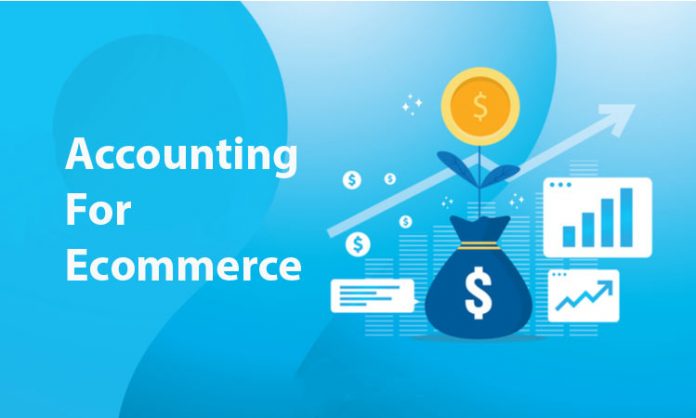Accounting is one of these necessities most folks find annoying. Most business owners prefer to discuss expanding their product line or pull a tooth rather than focusing on their bookkeeping. But, honestly, there’s no avoiding it. Thus, it’s inevitable, and if you would like to conduct a successful eCommerce business, you have to understand the fundamental accounting principles.
Track Your Cash Flow
Your company aims to make money. To know precisely how much money your company is making, you want to track your money. (everything that comes in and from your company) Many eCommerce companies think they have to generate additional sales to boost cash flow; while this is sensible, there are other ways to achieve that. The first aspect to consider is reducing unnecessary costs. Cutting back on minor expenses may have a substantial influence on your expenditures. Also, you need to place some strategies together for on-time payments. By way of instance, be careful with credit conditions; unless your clients have a good credit history, its best to select the payment upfront.
Balancing Your Finances
The balance sheet monitors the long-term health of your organization. Assets are anything of value controlled by your company, like stock or office equipment. Assets and liabilities are described under a short-term and long-term foundation.
Inventory Management
You will need inventory; otherwise, you’ve got nothing to sell. However, the unnecessary stock build-up can affect your liquidity and reflect badly on your Ecommerce Specialist Accountants in London. Thus, you must keep your inventory in check and determine what quantity you wish to stay available. You don’t need to run out of stock as you risk losing sales, but an excessive amount of unsold inventory can create a financial burden. Bear in mind and it’s better to keep only what you want on hand.
Taxes
Taxes are complex and laborious; should you sell different kinds of services and products, consult with a sales tax professional. Ensure that you are flagging taxable products. To stay organized, it works best if you categorize products that require you to pay tax and the ones that are exempt from taxation. Your tax obligations depend mostly on the physical location of your company. As a starting point, you may assume your tax amount will be as much as the taxes you’ve collected from the customers. You must recognize that character of the money you’ve put aside as taxes rather than a part of your revenue.
Achieve Long Term Success
To attain long term success as an eCommerce business, its critical your accounting hits the mark. If your organization has crossed the $1 million mark in gross earnings, a part-time bookkeeper might no longer be adequate for your operations. Growth is vital, and to keep in front of your operations, and you’ll need a team that’s ready to help you climb.
Tax Returns
Strong bookkeeping procedures will save you plenty of time and headaches when it comes to filing your taxes annually. By maintaining your financial documents, you’ll have the ability to act according to state and federal tax laws and comply with all applicable sales tax regulations. Additionally, planning also lets you work with your Accounting for ecommerce companies to help you save money on your taxes. If you wait till the last minute, you may not have the time to do all the tax preparation to ensure you maximize your deductions.

